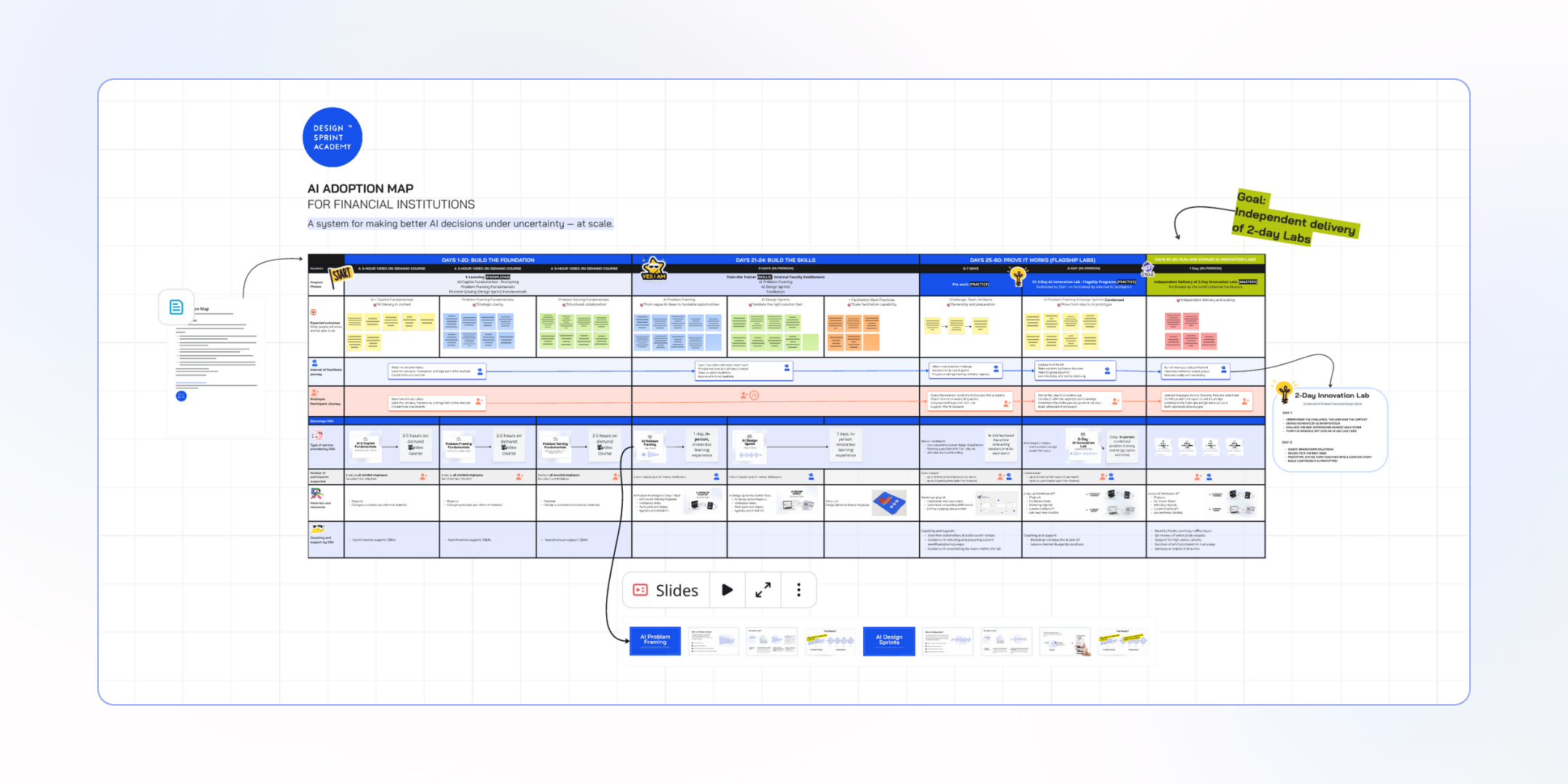Framing the Right AI Use Cases — A Leadership Conversation in Riyadh

- Date: Sep 21st, 2025
- Location: SAB Tower, Riyadh, KSA
- Partners: SAB Innovation Centre
Last month, we were invited by SAB in their amazing Innovation Center in Riyadh, KSA to host a leadership event on one of the hardest — yet most urgent — topics today:
How to frame the right AI use cases?
More than 25 leaders joined the conversation — from product and innovation to design and strategy — all curious, all eager to make sense of what AI really means for their work.
⚡ It started with one simple question
“Isn’t AI just another tool to do the same work, faster?”
That question set the tone. Because it captured something we see everywhere right now — the belief that AI is here to replicate, not reinvent.
To make the point, we showed a slide comparing a candle and an electric bulb. When electricity was first introduced, people used it to light rooms — the same way candles did. Faster, cleaner, but still… the same use case.
It took decades for electricity to power entirely new things — radio, refrigeration, cinema — things that didn’t exist before.
We’re at the same stage with AI.
Most teams are still using it to do the same work — just faster. Only a few are starting to imagine what’s actually possible.
And those few will define the next era.
Replication is comfortable. Reinvention is hard.
When we asked leaders how they currently use AI, most answers clustered around productivity:
💬 asking questions, drafting messages, writing reports, planning schedules, managing tasks.
A few mentioned creativity, coding, or analysis — but only a few.
In other words, AI is still personal, not strategic.
It’s helping people work faster — but not necessarily helping organizations move smarter.
That’s fine for now. But it’s also a signal.
A signal that we’re stuck in substitution mode — where AI replaces effort, not redefines value.
Why so many AI projects fail
According to MIT, 95% of AI pilots never make it to production. Not because the tech doesn’t work. But because the problem wasn’t worth solving — or wasn’t framed clearly in the first place.
We’ve seen it happen many times:
- Mandates like “Do something with AI” create pressure, not clarity.
- Teams move fast — but in different directions.
- Shiny demos get built, but they don’t survive contact with reality.
- The real blockers (data, trust, alignment) are discovered too late.
The pattern is the same: leaders skip straight to building, and only later realize they were solving the wrong thing.
What the top 5% do differently
During the session, we guided teams through a shift:
Stop looking for AI use cases. Start looking for real problems.
It’s simple — but it changes everything.
Here’s how high-performing teams approach AI:
- Visionary leadership that ...
- starts with outcomes, not tools
- protects exploration from exploit-style KPIs long enough for learning to emerge
- allocates budget and assembles cross-functional teams early
- Validate human needs first. Understand who benefits, who fears change, who needs trust to use it.
- Map workflows, not features. Look for bottlenecks, friction, duplication — that’s where AI helps most.
- Use structured, repeatable processes for experimentation. Teams that adopt methods like AI Problem Framing and Design Sprints don’t just build faster — they build smarter. They frame, test, and validate before investing, and they repeat that cycle to learn what works.
This is exactly the mindset behind our AI Sprint Bootcamp — a 5-day immersive program where professionals learn how to connect strategy with execution.
We built it for teams who want to stop guessing and start building with clarity: They frame the right problems, test ideas fast, and build real AI Agent MVPs that deliver measurable business value.
It’s how you turn “Let’s do something with AI” into “Here’s how AI creates value for us.”
💬 A reflection from Riyadh
What stood out most that evening in Riyadh wasn’t how fast leaders wanted to move with AI — but how open they were to rethink and ask better questions.
That’s exactly why one of the final cohorts of the AI Sprint Bootcamp 2025 will be held in Riyadh. Because leaders here aren’t chasing buzzwords — they’re looking for ways to turn Vision 2030 into validated action.
⚡ Pioneer tickets are now available in KSA.
Seats go fast — so if you’re ready to turn AI strategy into reality, now’s the time to save your spot.

.jpeg)
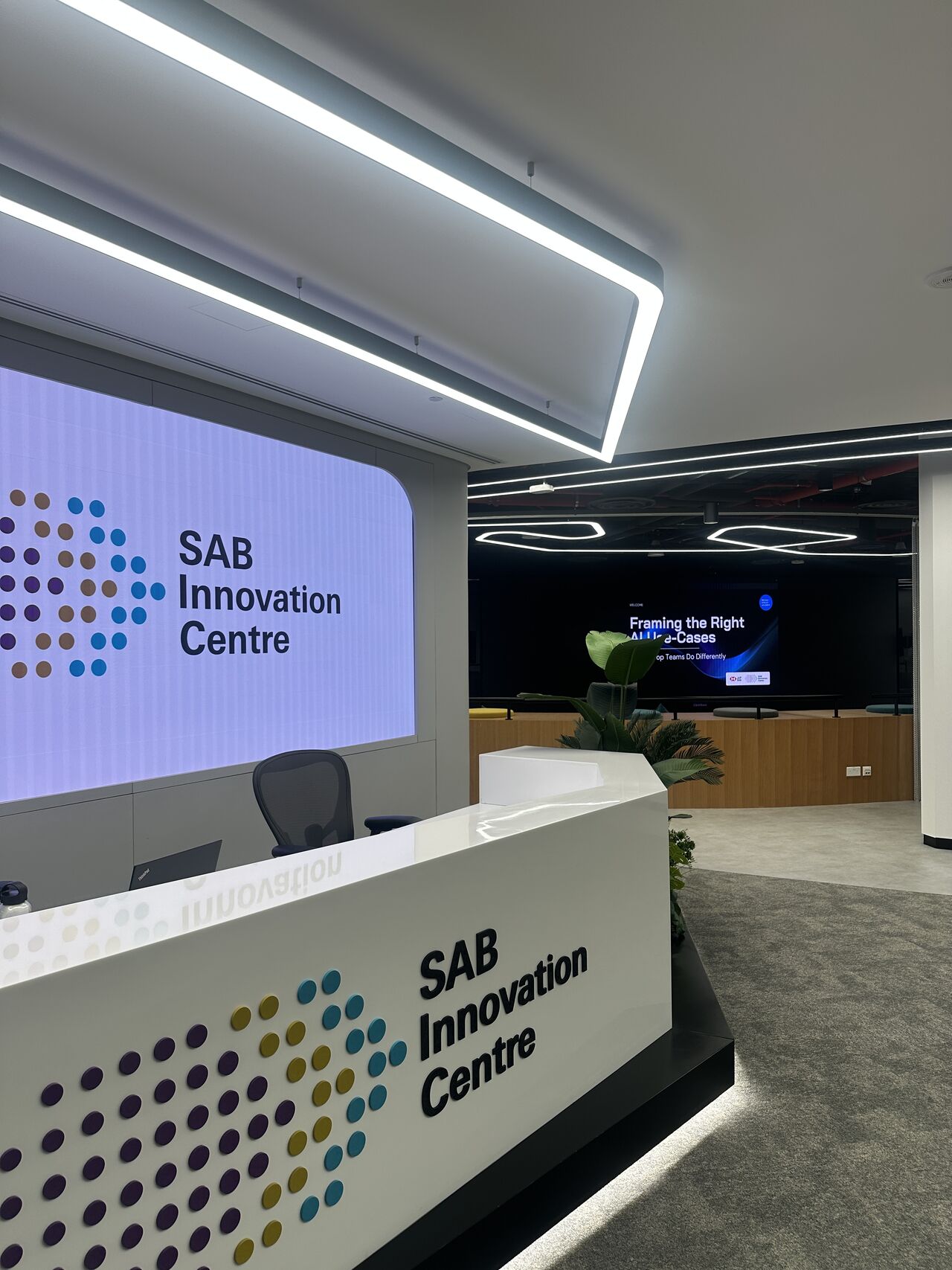
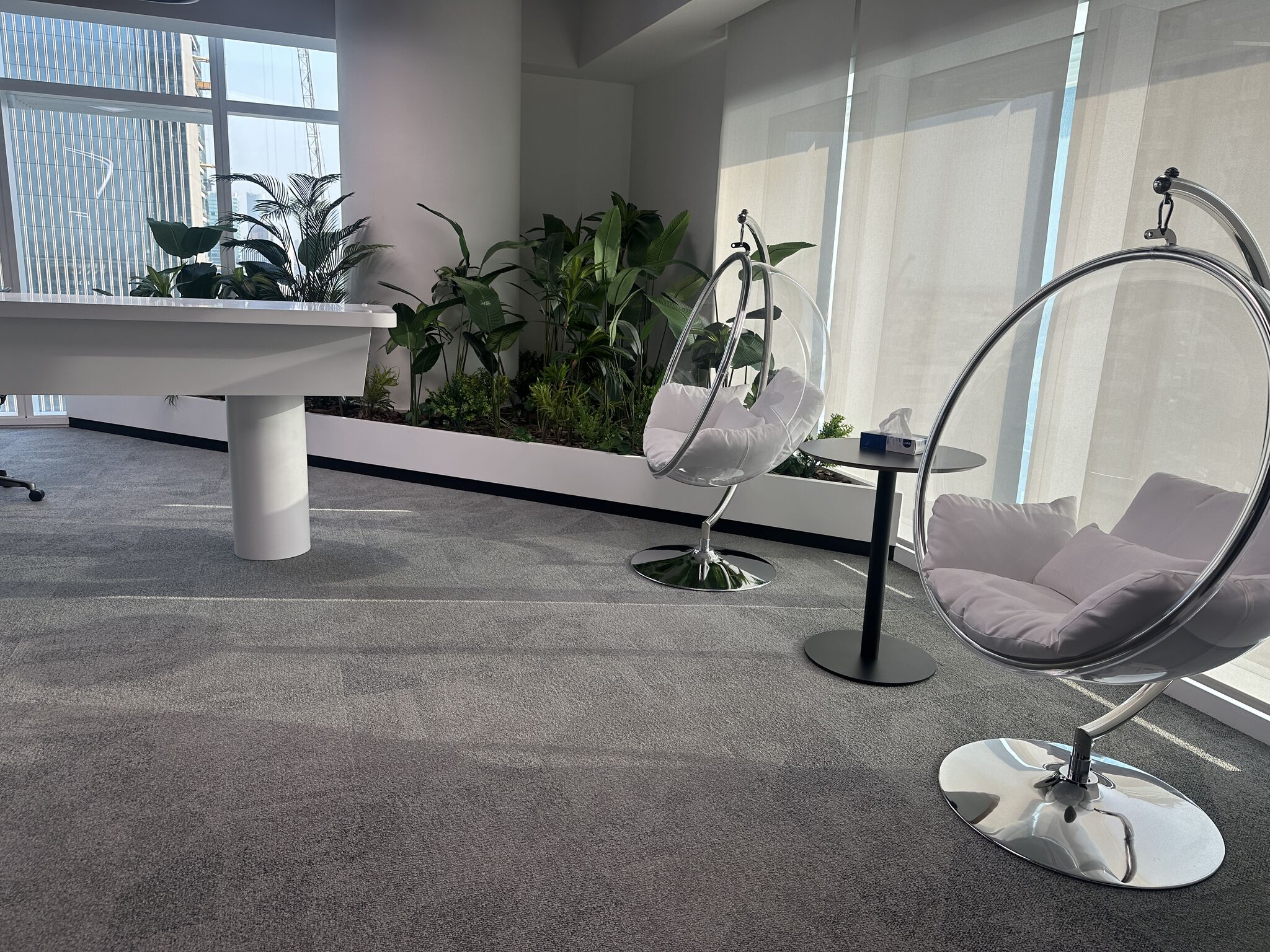
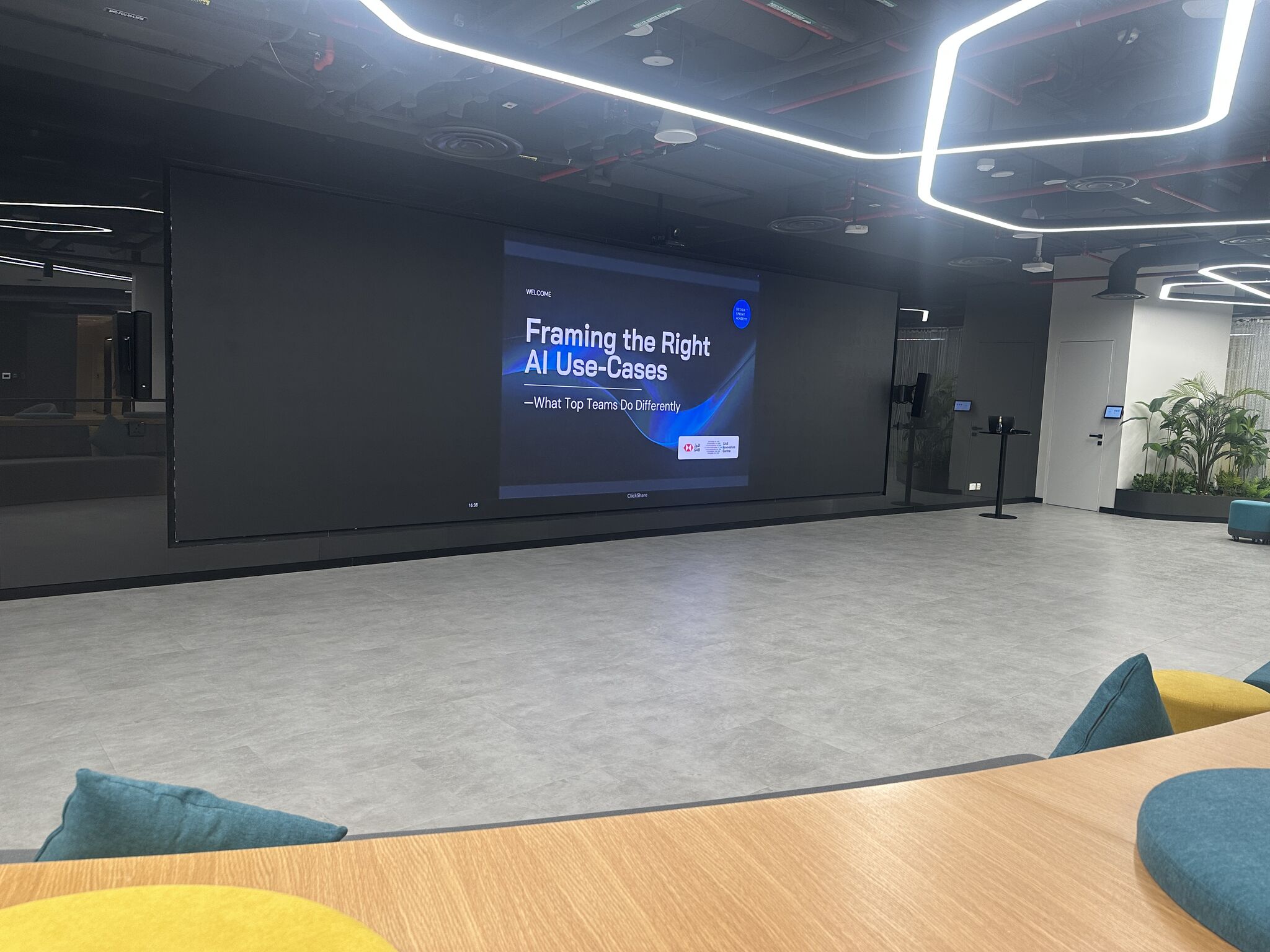
.jpeg)
.jpeg)
.jpeg)
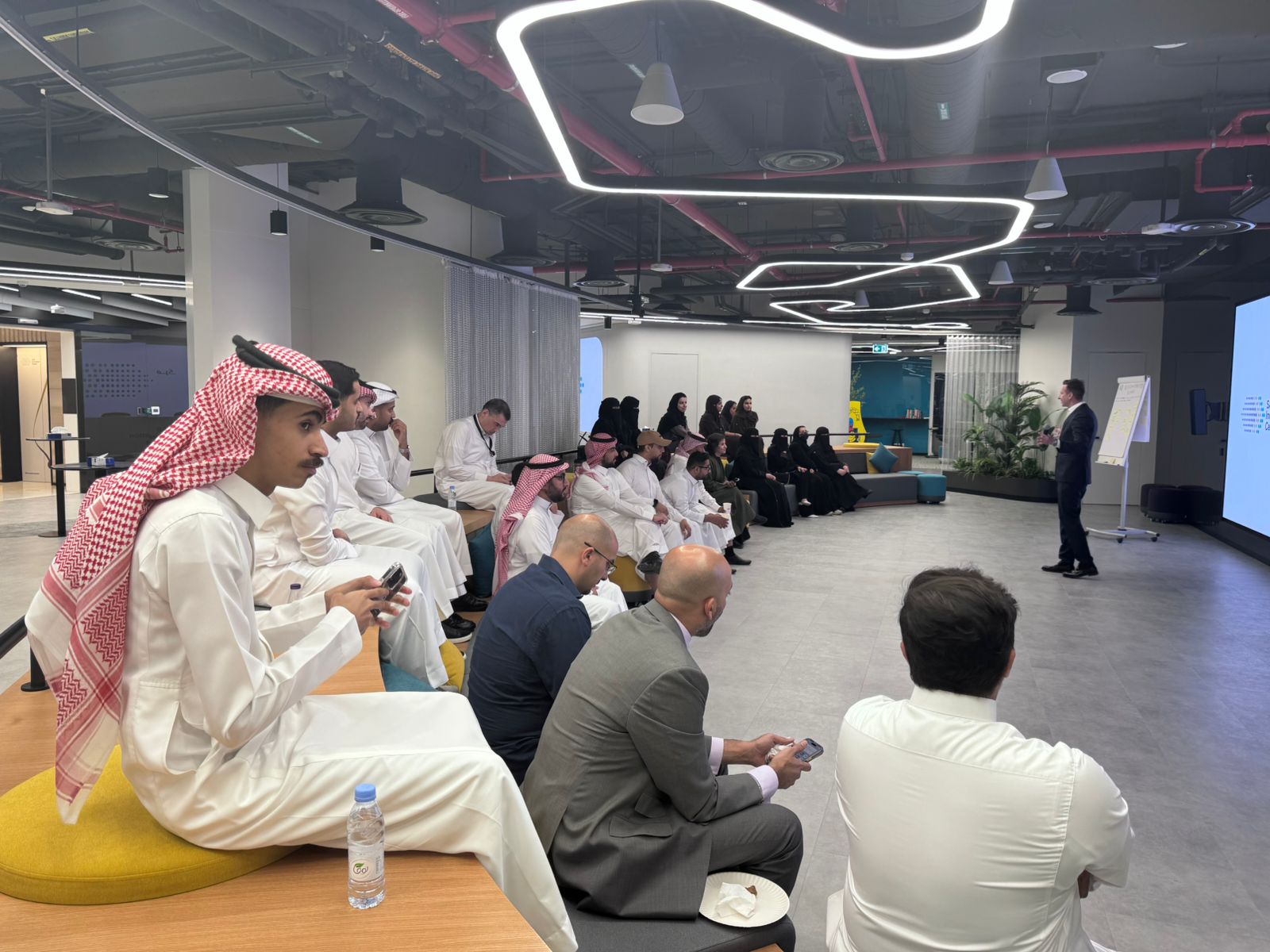
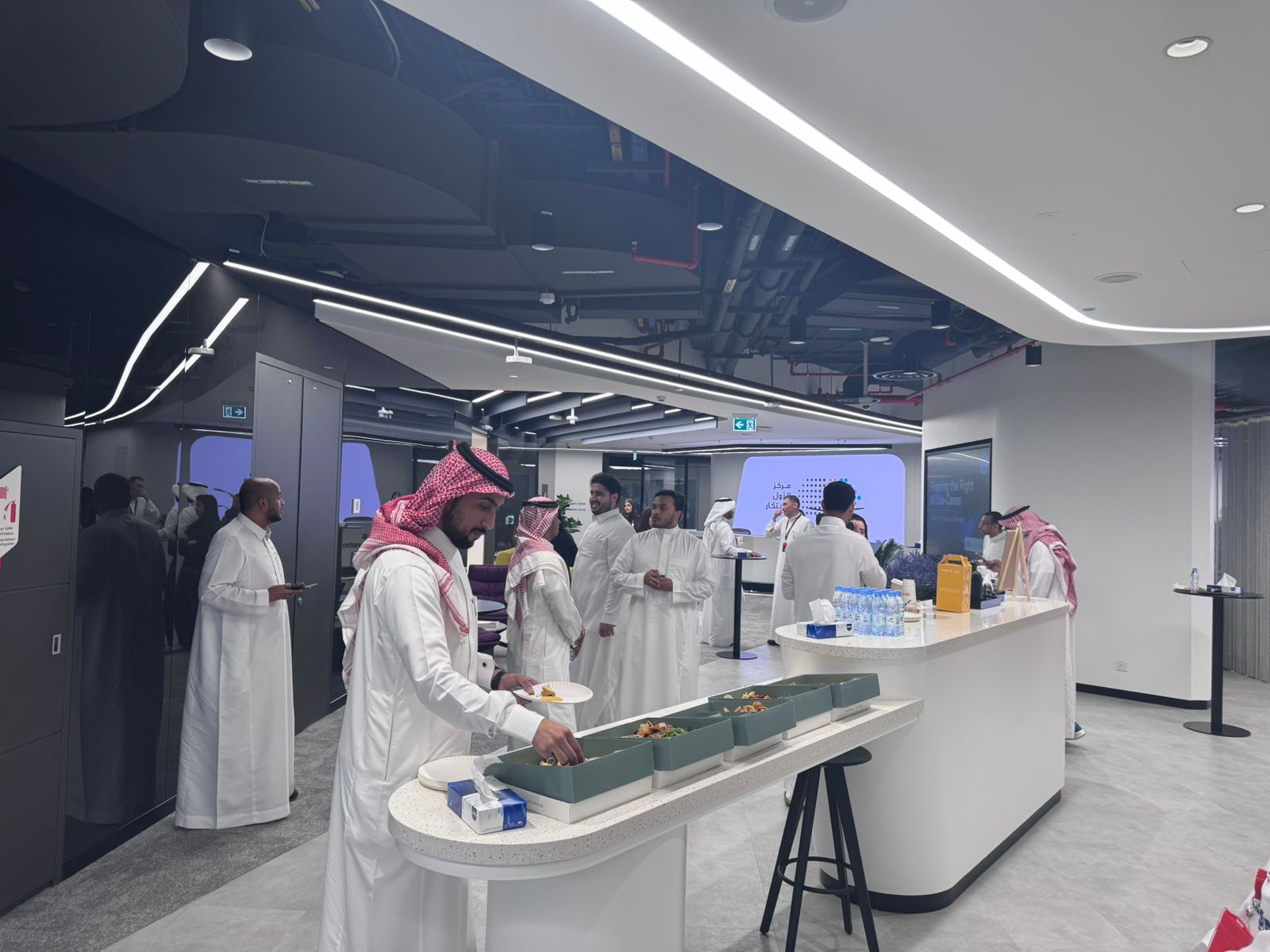
.jpeg)
.jpeg)
.jpeg)
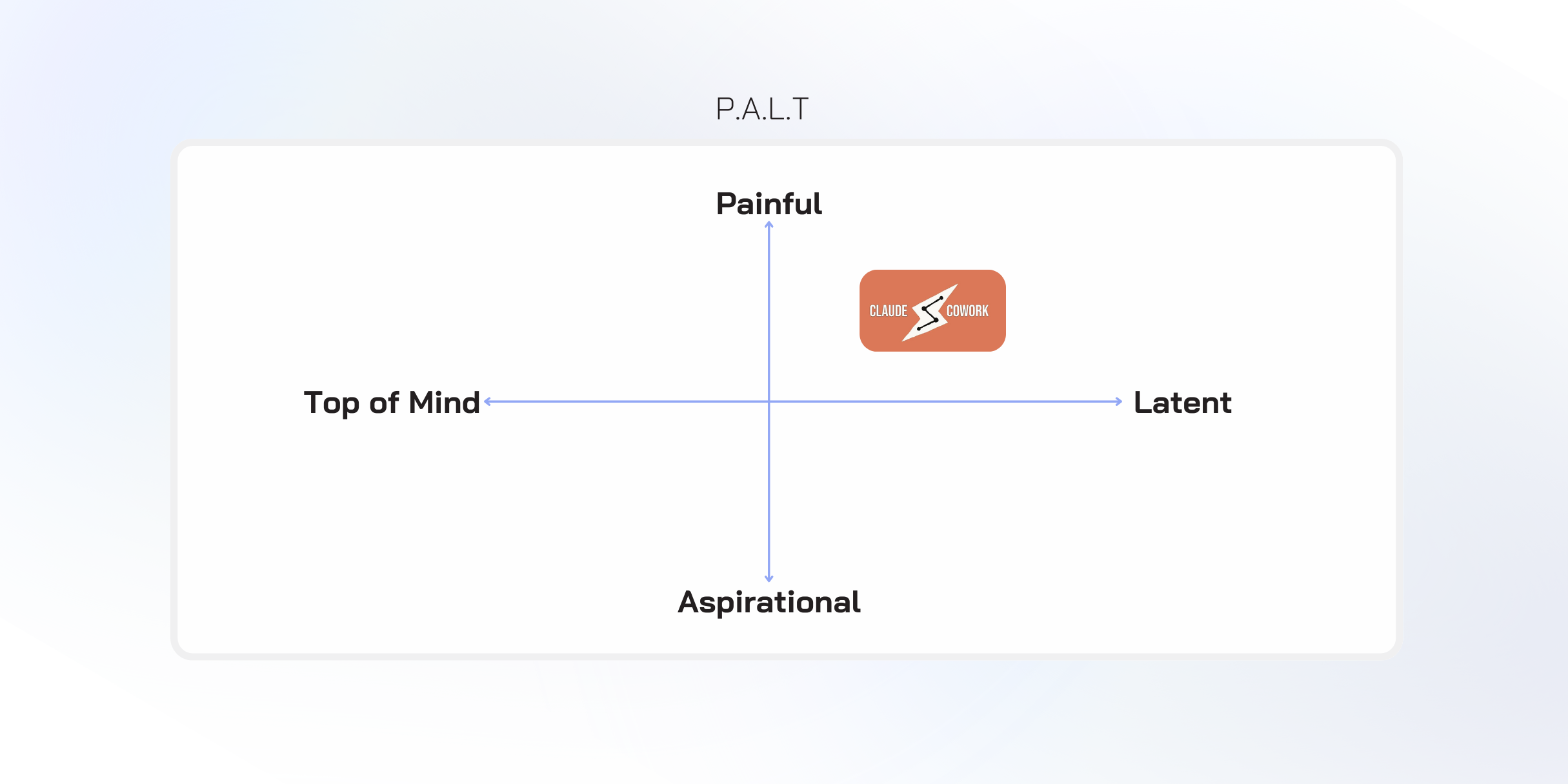
.png)
